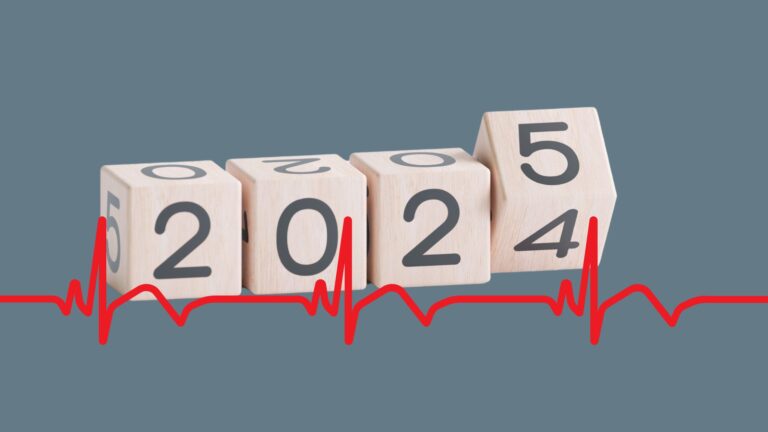According to the National Supplementary Health Agency (ANS), the field of medical assistance has been growing progressively in Brazil. To give you an idea, in the last decade, the number of health plan users has increased almost 5 million more Brazilians.
Such growth demands a proportional integration between innovation and health to “get the job done”. And the truth is that we are giving. Brazil is not falling behind developed countries in technological trends in the area of health.
Today we already have at our disposal high-tech techniques and software that increase the scope of supplementary health. To illustrate this innovative scenario, we highlight the two main trends for plan operators below.
They increasingly permeate all areas involving supplementary healthcare, from management to contact with the patient. Continue reading the post to find out more!
Artificial intelligence
The concept of Artificial Intelligence (AI) may seem distant to a healthcare manager, but in reality it is not. The respected Merriam-Webster dictionary defines AI as “a machine's ability to imitate intelligent human behavior”.
Still seems abstract? So, imagine the diagnostic imaging scenario. The sector consumes a large amount of resources, used in equipment, energy and professionals. Human work seems to be irreplaceable; after all, to carry it out, extensive knowledge of anatomy, pathology and peculiarities of radiology is necessary.
To the new research, however, suggest that this work is not so irreplaceable. A big trend in the area is to “teach” software to recognize injuries and diagnose them. In addition to faster diagnosis, this technology also reduces costs in the radiology sector.
Although this is a trend for the future, AI is already present in other supplementary healthcare processes. An example is with the medical audits: using software, it is possible to define a protocol of criteria for materials and procedures covered by the plan. This way, you direct audits to cases that really need them, in a completely digital way.
Process automation
Supplementary healthcare was classically known as a bureaucratic environment. Scheduling appointments, requesting materials and authorizing procedures could take days a few decades ago.
Today, that has changed. Automation is already part of the daily routine of the country's main health plan operators. Just look at the online scheduling system used in the private sector: in a few seconds, the patient chooses the appointment that suits their schedule and completes the appointment. He receives a request to confirm the appointment a few days in advance, reducing unnecessary cancellations and expenses.
Automation also makes life easier for operator managers. Take for example the case of audits, which we mentioned above. The guide sorting process was carried out completely manually. The time between the request and the audit, in fact, could take days or weeks: this delays the operator's internal processes and can create friction in communication with the requesting doctor.
In general, AI and task automation are becoming mandatory for excellent healthcare management. They bring cost reduction and greater convenience, both for managers, doctors and patients. To make use of this convergence between innovation and health, opting for specialized software may be the operator's solution.
And, after all, what do AI and automation have in common? The answer is: both use information analysis to generate practical results for the operator. How about going even deeper into the importance of data organization?









